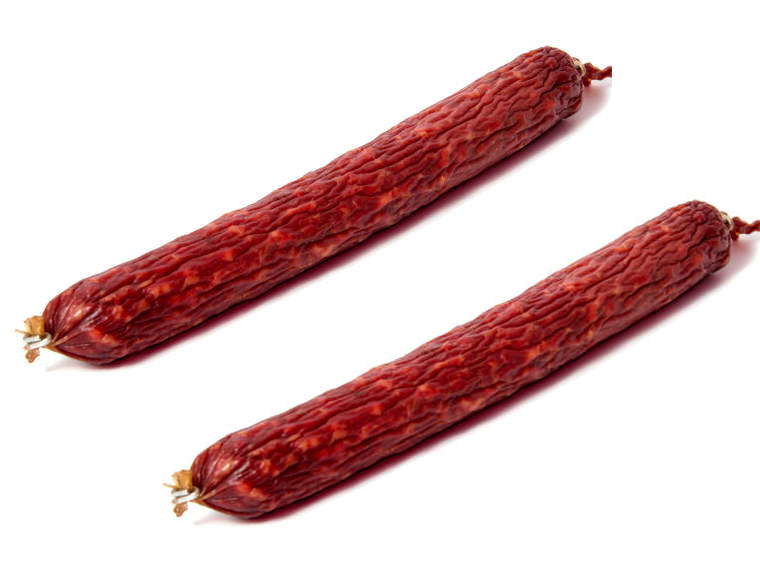I get why they did it, but it feels like something is lost as a result.
ngl it's worrying. big part of dune's feel is the way all the current cultures eventually evolve into something that's both unrecognizable and familiar. replacing cultural signifiers may avoid controversy, but it also recreates the problem common to a lot of scifi where most of humanity's culture disappears and you're in space america.
In fairness, Dune was already effectively a retelling of Lawrence of Arabia in Space.
The Atreides and Harkonan are neat stand-ins for the English and Ottoman Empires at the start of the Crimean War. And the story echoes the birth of the Kingdom of Saud, alluding to its potential future status as global superpower. Written in a time when genetics was a young science and eugenics wasn't beyond the realm of dinner table conversation, when we were just seriously getting addicted to petroleum as a global commodity, and when the Cold War played out as an endless series of proxy wars between states, it absolutely does reflect the Western political moment.
That's not even really a bad thing. But I think it's worth stating how deliberately allegorical the Sci-Fi story was intended to be. It's a story about Oil and all the politics surrounding the fight for that scarce resource.
That's how I felt about expanse: it started off very promising and then it devolved into Space America with Space Zombies
There's a chance it's for the better.
spoiler
In the book, Paul does everything he can to avoid the jihad he sees coming, because jihad = religious fanaticism = bad. A crusade is also religious fanaticism and is also bad, but portraying the term "crusade" as an evil to be avoided could be a good thing for an American audience. Crusades are a part of Christian culture, and if you're going to write religious criticism there's less of a risk of it being misinterpreted if you use the audience's dominant religion as an example. If you criticize religious fanaticism using the religion of the Other, it's easy to interpret that as nothing more than "Other bad."
Plus, we're almost guaranteed to get some Christian chuds throwing a fit over it, especially with the rise of right-wing "crusade" imagery. That's always good for a laugh.
Spoilers for a book that came out half a century ago, I guess.
Is it really Islamophobia if you're portraying a religious war as bad, and using a Christian word for a bad religious war instead of an Islamic one?
I thought the point is that the jihad - at least, the one that Paul tries to prevent - won't, strictly speaking, be bad.
Dune Spoilers
He ended up riding the jihad, steering it a bit, but it was never in his power to stop it. The Fremen were, from the beginning, going to cast the Harkonens from their world, and the jihad brought a new vitality to the Imperial apparatus.
Now that I'm writing this, the worm, the unstoppable creature that is the source of spice, I see that the worm is a pretty clear metaphor for the jihad.
spoiler
Whether he could have stopped it is debatable. IIRC for most of the book he talks about a "Golden Path" that would avoid it, but he might make some comment towards the end to the effect of "that was never realistic, anyways." Although that could just be cope at that point. It also seems clear that him dying could have stopped it, and there are multiple points where -- despite his prescience -- he senses he is in real danger of dying.
Great point on the sandworm metaphor, too.
spoiler
There are several instances in which he sees his death as a possibility, but then concludes he'd become a Fremen martyr leading to the same universe-spanning conquest. He also foresees his sister standing in for him in an instance, and concludes this would be just as bad. At the end he realize that he never really had a choice in the outcome, only the particulars.
Ahh that sounds right. Time for a re-read.
spoiler
The best Dune prescience moment for me is in one of the sequels when Paul gets blinded but has done so much space acid that his future sight is constant and precise enough that he can function as if he can still see. I shoehorned that bit into the ending of a homebrew D&D socialist-noir campaign once, fond memories.
It's probably less islamophobia and more the same sort of reasoning that lead to the Arbiter's name being changed from Dervish during Halo 2's development
I'm interested to see if they reference the Orange Catholic bible at all.
We shall call you Usul, which means the strength of the balls of the penis.
It's more than desert stuff. I almost get the feeling that they'll whitewash the Fremen or toss their culture into a bucket of bleach.
One summon was named Jihad in Japanese but Crusader in English.
I did enjoy 2049 (agreed on the score), but I'm a bit apprehensive of Dune now. I was skeptical of 2049 before I saw it, though, so who knows.




